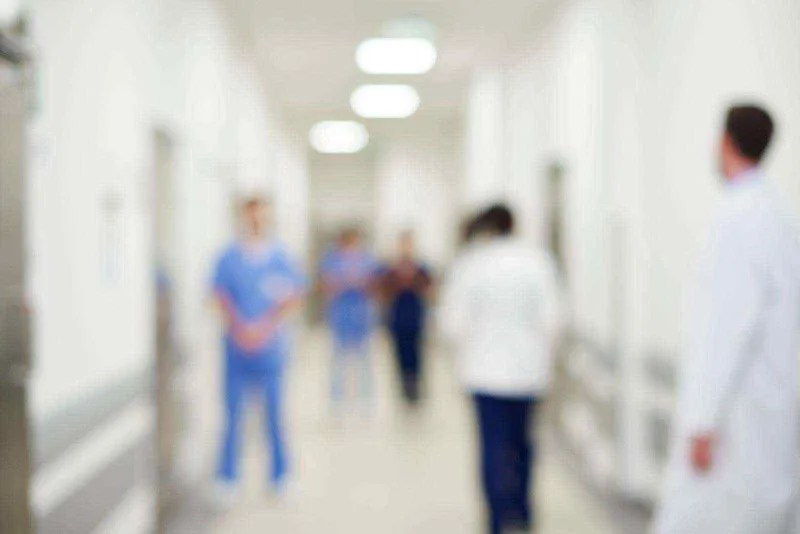
How does gaining clinical exposure before you apply to med school makes you a more desirable applicant?
Read on to find out more about the advantages of having clinical exposure and more admission tips.
How does gaining clinical exposure before you apply to med school makes you a more desirable applicant?
There are many important factors considered in the medical school admissions process, namely excellent academic performance, a top MCAT score, letters of recommendation, and extracurricular activities including exposure to a clinical environment. Therefore, many students begin their preparations long before applying to a med school, in order to have an application that stands out. Among thousands of applicants, medical schools choose the very best candidates. Students who show determination and interest from an early age are certainly their top priority.
Students who don’t have the option of shadowing a physician in a clinical setting can strive to obtain some clinical exposure from other activities like opting to become an emergency medical technician or EMT, a hospital scribe, or a certified nursing assistant or CNA. All these are examples of clinical experience.
The medical school admissions committee will also seek to find out if you have the necessary emotional intelligence, maturity, empathy, and social consciousness to become a good doctor and help others.
Having an opportunity to have some clinical exposure during your undergrad degree is immensely helpful for you to learn if this field is the right fit for you. Shadowing a physician and watching their interaction with patients can positively strengthen your medical school application.
Read on to find out more about the advantages of having some clinical exposure and how to go about it.
What do you need to get into a medical school?
To make your application exceptional in this highly competitive field, you need an excellent GPA in all the sciences including Biology, Physics and Chemistry. You also need an excellent score on the MCAT.
If you add clinical experience on top of that, you can truly distinguish yourself from other candidates.
How does clinical experience help your medical school application?
1. It shows your interest and devotion towards healthcare
When you work in a medical setting, it reflects your passion and commitment towards the medical sciences and your ambition to become a healthcare professional, watching doctors working with patients can give you an idea of how serious this profession is. Most medical schools look for this kind of determination and interest in their students.
An additional advantage that boosts your application is the recommendation letter you earn as a result of working under a researcher, physician, or surgeon.
2. It will prepare you for your medical school interview
When you gain some exposure to a medical setting before applying to medical school you have the invaluable opportunity to interact with, and learn from healthcare professionals. Patients may even share with their expectations and experience with physicians. When you spend hours inside a clinical setting, you see and learn about the reality of the medical profession from behind the scenes. You can even talk about it during your med school interview which may impress your interviewer.
They will notice your passion for healthcare and your willingness to serve for the greater good. These qualities can give you a competitive edge over regular applicants.
3. Better academic performance
Even though the clinical experience is not mandatory, you can look at it as a beneficial step for your medical career in the longer run. Your experience will let you apply your knowledge and concepts to the theories that you learn inside classrooms.
Looking for an esteemed Caribbean medical school? Saba University School of Medicine, located on the gorgeous Saba Island in the Caribbean, can be a good match for you. Saba has an excellent MD program offering smaller classes than most medical schools- enabling students to participate in interactive and collaborative learning. The Saba faculty are highly trained with either an M.D. or a doctorate in the subject that they teach.
In addition, Saba boasts a 99% first-time USMLE Step 1 pass rate between 2015-2020. 94% of Saba graduates have successfully secured residencies in reputable hospitals from the year 2019-2021. know more about the MD program at Saba and enroll in a highly credentialed medical school with a track record of consistently excellent residency placements.
4. Prepares you for your career
Working as an intern, volunteer, or medical scribe is sure to help you become an accomplished student of medicine. You get the chance to decide if this field is right for you and if you are keen to be in the medical profession. Having this foresight and clarity will better equip you to make decisions regarding your future career.
You will also discover the number of medical specialties that lie at your disposal, including the many sub-specialties available in this profession.

For prospective students
Saba is committed to supporting prospective students with any questions or queries throughout the application process. Please see the following links for detailed information about each topic:
If the information you are seeking is not provided here, please get in contact by contacting via WhatsApp here.
Get in touch for more information